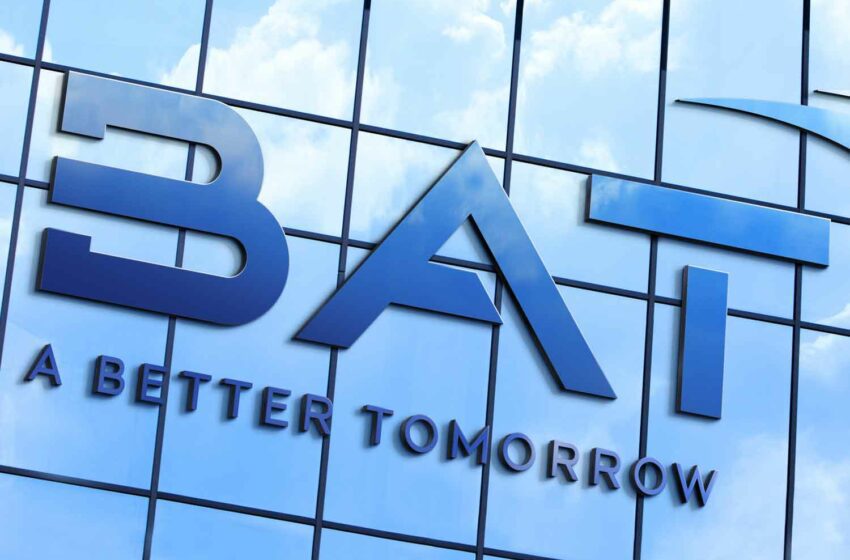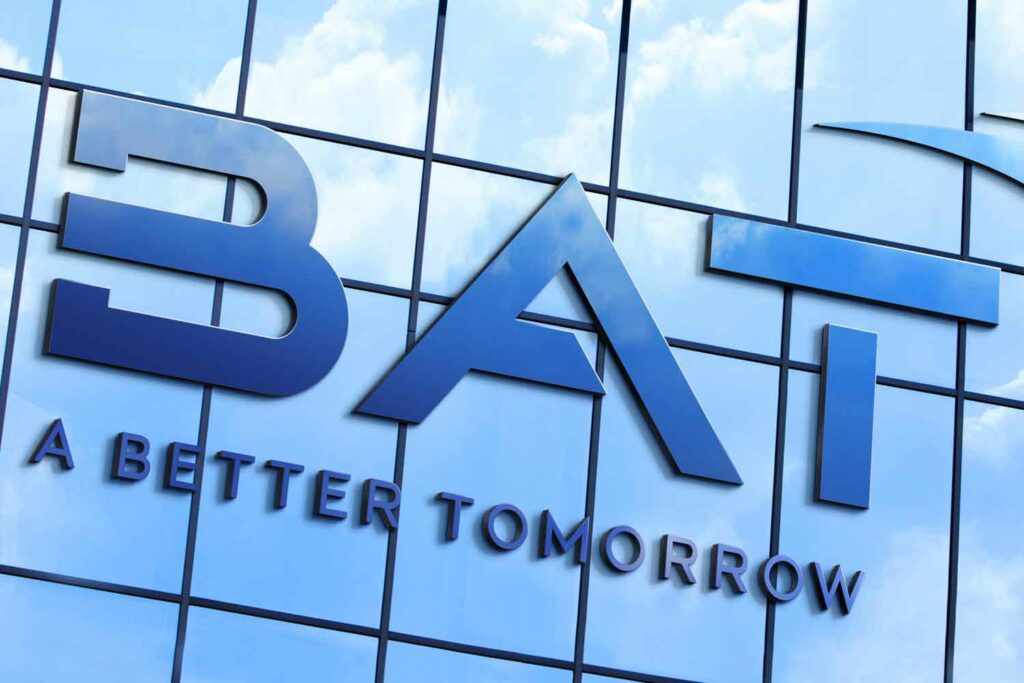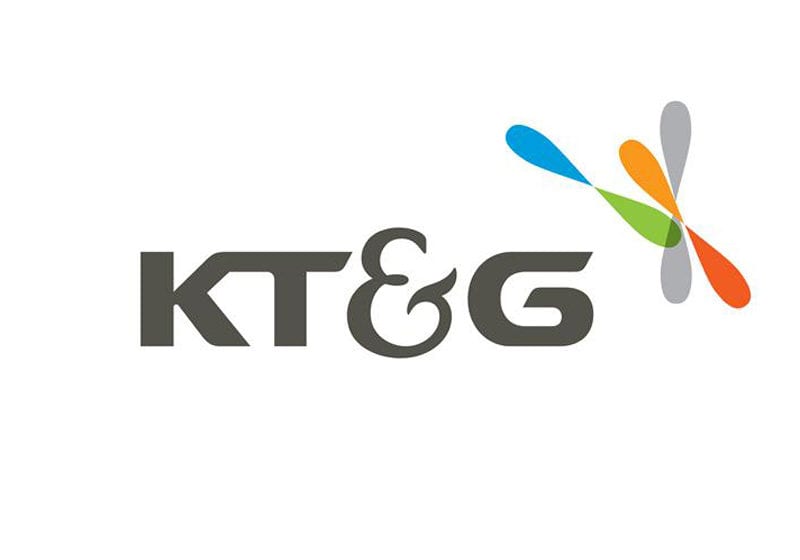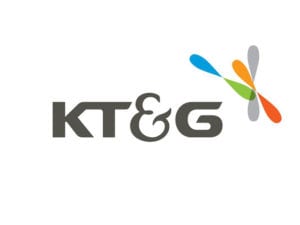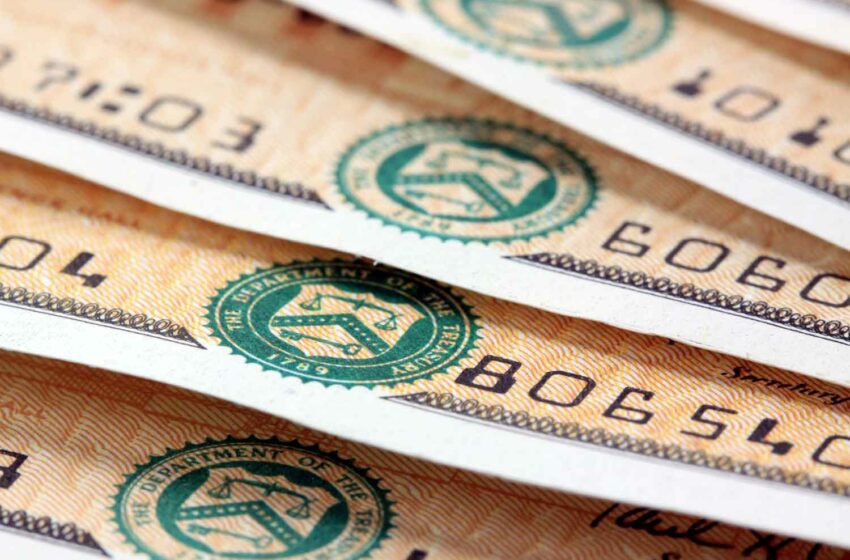
The JT Group reported a profit of ¥482.3 billion ($3.2 billion) for 2023, up nearly 9 percent over the previous fiscal year. Revenue increased 6.9 percent year-on-year, to ¥2.84 trillion. For the fourth quarter, the company posted a profit of ¥40.3 billion and revenue of ¥684.1 billion, up 3.5 percent and 5.4 percent, respectively, over the comparable 2022 periods.
“I am pleased to report that the 2023 JT Group performance reached record high levels across all financial indicators, despite the challenges across our operating environment. Adjusted operating profit at constant FX [foreign currency exchange rates], our main indicator, exceeded our guidance and grew by 5.2 percent, driven by all business segments,” said JT Group President and CEO Masamichi Terabatake in a statement.
In the tobacco business, JT Group’s profit growth engine, performance was driven by solid pricing and continued share gains in combustibles. “We steadily expanded the geographic reach of Ploom X, making it available to adult consumers in 13 markets at the end of 2023,” said Terabatake. In Japan, the JT Group’s share of the heated tobacco sticks market reached 11.4 percent in December 2023.
Terabatake said the JT Group would continue to prioritize investments in heated tobacco sticks to fund the expansion of Ploom X, both in terms of share of segment and geographic footprint. The company aims to make Ploom X available in over 40 markets by the end of 2026. Combustibles, said Terabatake, will continue to drive profit by growing market share and revenue.




